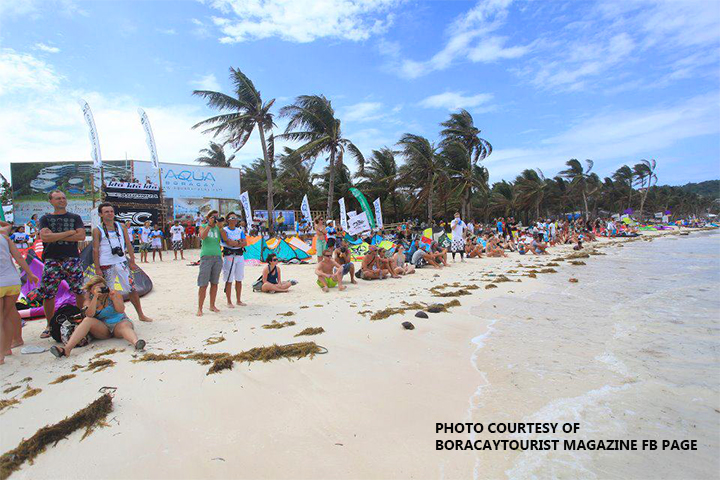
MANILA — The government is planning to create a task force that would address the environmental problems and other concerns in Boracay Island, one of the country’s top tourist destinations.
“Various agencies, including the Department of Environment and Natural Resources (DENR), will compose the task force,” Environment Undersecretary Jonas Leones said in a media briefing in Metro Manila on Tuesday.
Leones said the tourism, health, local government, and justice departments were likely members of the planned task force.
A planned executive order would spell out each agency’s role in the task force, Leones said.
DENR would be concerned with Boracay’s environmental problems, he said.
The DENR official raised the urgency for action, noting studies showing continuing violation of the Ecological Solid Waste Management Act or Republic Act 9003 in Boracay.
“There are reports that some establishments are already located in forestland there,” he said.
Earlier, DENR Secretary Roy Cimatu warned establishments about releasing untreated wastewater and sewage into Boracay’s waters.
He said the DENR would close down and file cases against establishments that continue releasing such discharges.
“We need a serious and honest-to-goodness crackdown on these erring establishments that are contributing to water pollution in Boracay,” Cimatu said in a statement Tuesday.
The DENR and the Department of Tourism had started coordinating on the matter, he said.
Among Cimatu’s priorities as DENR chief was promoting solid waste management (SWM) nationwide to help address pollution and other problems, Leones reiterated.
“He wants compliance with RA 9003,” said Leones.
RA 9003 refers to SWM as “the discipline associated with the control of generation, storage, collection, transfer and transport, processing, and disposal of solid wastes in a manner that is in accord with the best principles of public health, economics, engineering, conservation, aesthetics, and other environmental considerations, and that is also responsive to public attitudes.”
“Solid waste shall refer to all discarded household, commercial waste, non-hazardous institutional and industrial waste, street sweepings, construction debris, agricultural waste, and other non-hazardous/non-toxic solid waste,” the law reads further.